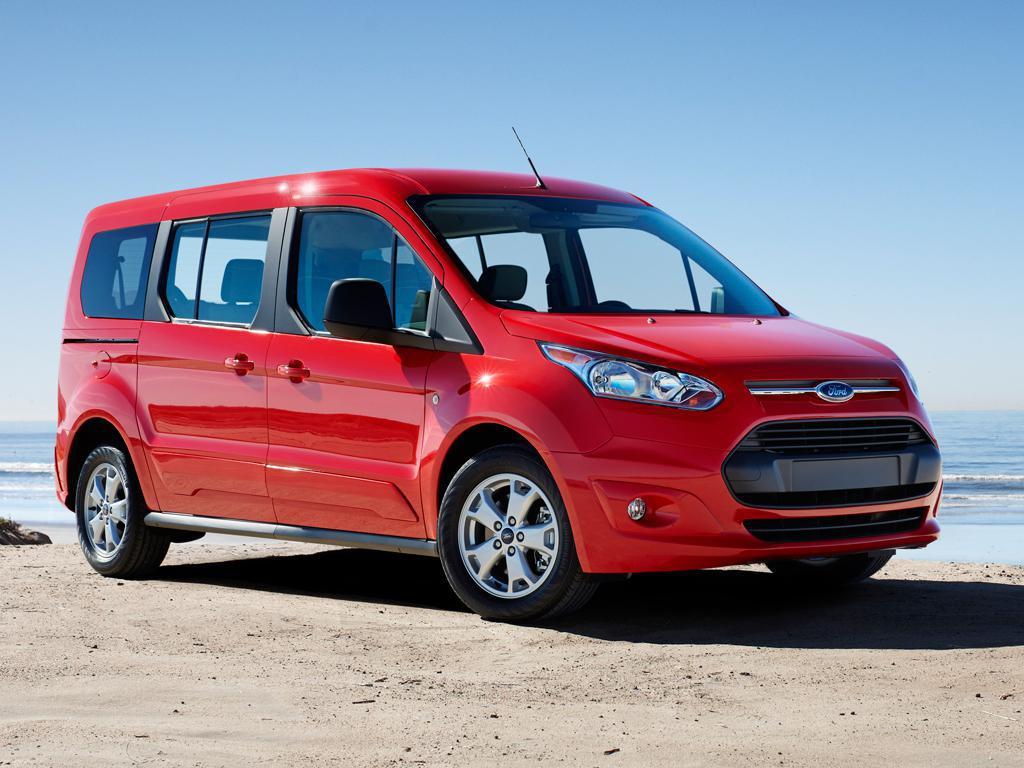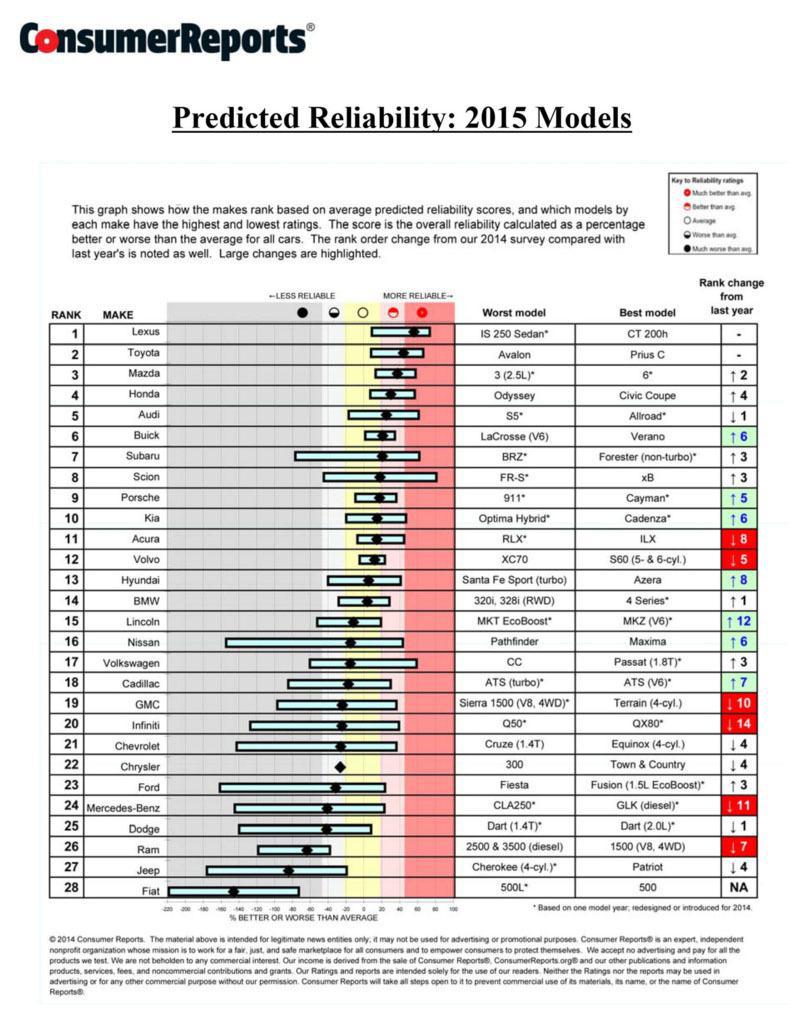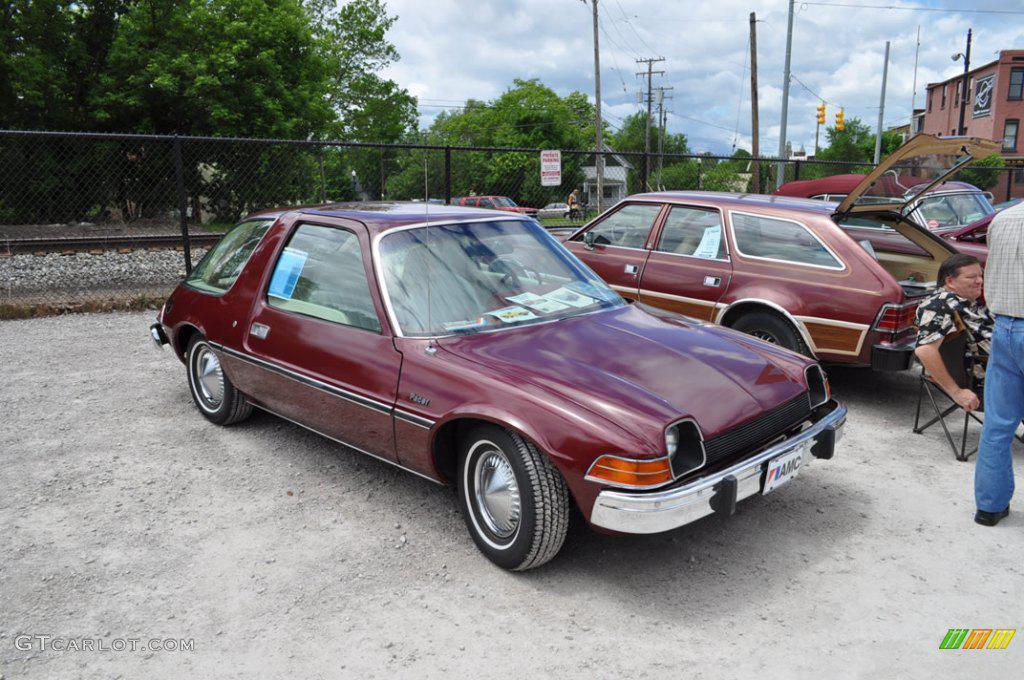China’s Companies Poised to Take Leap in Developing a Driverless Car – The Fresh York Times

China’s Companies Poised to Take Leap in Developing a Driverless Car
Gansha Wu was a veteran engineering manager at Intel Corporation and director of Intel Labs China when two events upended his world last year.
Very first, he listened to the veteran technology writer Michael Malone tell an audience of Intel employees that if they were too cautious they would fail. Then he attended a leadership training session for Intel executives. The trainer told them that “to be a leader is to design a future that is unpredictable and which nobody bets on.”
He couldn’t sleep at night, thinking about his well-ordered, 16-year career at Intel. So he determined to take a risk. With four colleagues, he made the decision to take the uncertain path, which today is becoming more common in China than even in Silicon Valley: He abandon his job to begin a start-up that specializes in autonomous, or self-driving, cars.
In the process, Mr. Wu hit upon a infrequent moment when a tech sector in China is developing in lock step with a similar but separate market in the United States.
In fact, some argue that conditions in China are actually more favorable for quick adoption of driverless cars, in part because of more aggressive support from the national and local governments. And, unlike in the United States, China never fully developed a romance with the open road and car ownership.
Car ownership has spiked in China, of course. And in latest years, it has become a middle-class status symbol to own a car. For the ultrawealthy, there are clubs dedicated to Ferraris and Maseratis.
But enormous traffic jams in China’s largest cities can make driving a less-than-romantic practice. Why not let a machine built with artificial intelligence inwards do the work for you?
Research done by the Boston Consulting Group suggests that within fifteen years China will be the largest market for autonomous vehicles, said Xavier Mosquet, a managing director at the rigid. Automated taxis will most likely lead the trend.
“It’s not that people are more willing to use the cars in Beijing or Shanghai, it’s that the economic value is much higher in China than in the U.S.,” Mr. Mosquet said, adding that air pollution could be as much a catalyst as bad traffic.
Even as American companies like Google and Tesla work on autonomous vehicles, a number of Chinese companies are working on driverless car technology. The Internet company Leshi Internet Information & Technology (better known as Letv) has a driverless car tech unit, and the Chinese carmaker Good Wall Motors has opened a research center in Silicon Valley. The assumed leader in the field in China is the search engine company Baidu, which has been at work on autonomous vehicles since 2013.
Among the torrent of start-ups, however, Mr. Wu and his colleagues are unusual because of their practice.
Mr. Wu’s company, Uisee Technology, has yet to announce its financial backers, but it has significant ambitions. The team plans to have a technology demonstration ready in less than a year at the consumer electronics display in Las Vegas in 2017.
“His team is an unusual collection of supertalent,” said Kai-Fu Lee, a venture investor from Taiwan and former head of Google in China. “They combine a mechanical accomplished from a university, a top computer vision experienced and machine learning from Google as well as Gansha and his team of semiconductor experts. Gansha is an excellent leader that ties these people together.”
The founders of Uisee, which is an acronym for Utilization, Indiscriminate, Safety, Efficiency and Environment, say they believe the company will find a profitable niche inbetween the poles of the driverless car debate that is furious in Silicon Valley.
Elon Musk, the chief executive of Tesla, has predicted that downright self-driving cars may be on the road in the United States in two to four years. Chris Urmson, the director of Google’s self-driving-car program, has said his objective is to bring a self-driving car to market by 2019.
Others are more cautious, and say they believe it may take a decade or longer for self-driving cars to hit the market. And among the largest automakers like Toyota, the interest is less in cars that drive themselves than in cars that have artificial intelligence capabilities to assist drivers, like emergency braking.


